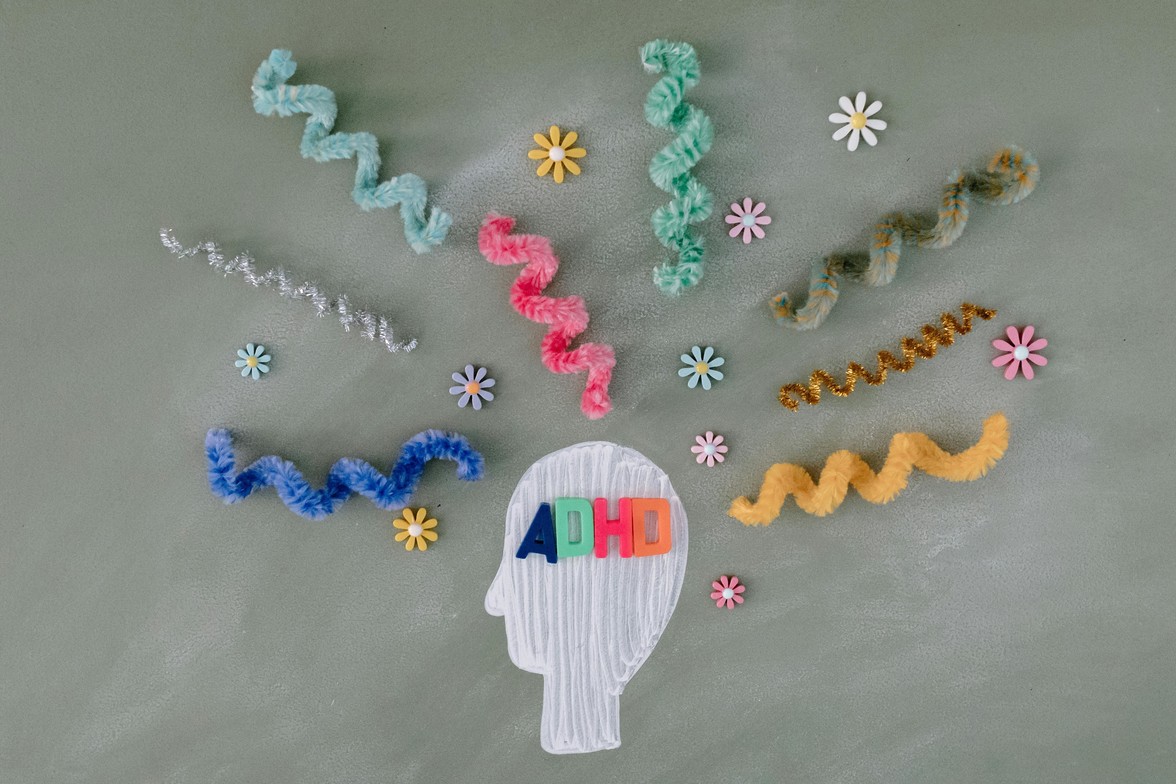
Understanding ADHD: Signs, Symptoms, and the Importance of Psychological Testing
Attention Deficit Hyperactivity Disorder (ADHD) is a complex and often misunderstood neurodevelopmental disorder affecting approximately 5% of the global population. While it is most commonly associated with children, ADHD is a lifelong condition that can continue to impact individuals into adulthood. It presents as a diverse range of symptoms, including inattention, hyperactivity, and impulsivity, which can severely disrupt daily functioning. Understanding ADHD is crucial not only for those directly affected but also for educators, employers, and healthcare providers who support them.
The Complexity of ADHD Symptoms
Individuals with ADHD may struggle with tasks that others find routine. For children, this can manifest as difficulty completing homework, frequent fidgeting, or interrupting classmates. Adults may face challenges in managing time, organizing tasks, or maintaining focus during meetings. The symptoms can differ widely between individuals, making diagnosis a nuanced and highly tailored process. It's essential to recognize these signs early as they significantly impact academic performance, workplace productivity, and interpersonal relationships.
The Importance of Accurate Diagnosis
Diagnosing ADHD requires a comprehensive approach that typically involves a team of specialists including psychiatrists, clinical psychologists, and neurologists. The diagnostic process often involves collecting detailed personal, family, and medical histories, and may also include physical examinations and psychological evaluations. Surprisingly, ADHD often goes undiagnosed for years, especially in adults and women, where symptoms may present differently than the common archetypes seen in children, such as inattentiveness rather than hyperactivity.
The Role of Psychological Testing
Psychological testing is a valuable tool in diagnosing ADHD. It helps differentiate ADHD from other conditions that might present with similar symptoms, such as anxiety disorders, depression, or learning disabilities. Accurate identification through testing ensures that individuals receive the appropriate treatment plan tailored to their specific needs. This plan might include behavioral strategies, medications, and various therapeutic interventions aimed at improving daily functioning.
ADHD Across the Lifespan
ADHD is not just a childhood disorder. While symptoms may become more manageable with age, many adults continue to experience significant challenges. Adult ADHD can manifest as chronic procrastination, frequent job changes, or difficulty maintaining stable relationships. For women, ADHD is often underdiagnosed, partly because they tend to exhibit more subtle symptoms like inattentiveness or emotional variability, rather than overt hyperactivity.
Recognizing the Signs: When to Seek Testing
Understanding when to seek testing for ADHD is critical. Individuals should consider evaluation if they consistently experience difficulties with attention, impulsivity, or hyperactivity that impair their daily functioning. Parents should be vigilant for signs in their children, such as struggles with schoolwork, frequent misplacement of belongings, or difficulty following instructions. Adults, too, should be mindful of their behavior patterns and seek professional advice if they suspect ADHD is affecting their life adversely.
Avoiding Misdiagnosis and Overcoming Challenges
Misdiagnosis of ADHD can lead to ineffective treatment and unnecessary frustration. Conditions like anxiety and depression can mimic ADHD symptoms, leading to incorrect or missed diagnoses. A thorough evaluation and psychological testing can help distinguish ADHD from these and other conditions, ensuring individuals receive appropriate interventions.
Taking the Next Steps
If you or a loved one exhibits signs of ADHD, seeking a comprehensive psychological evaluation is an important first step. These assessments provide clarity and pave the way for effective management strategies that improve quality of life. With accurate diagnosis and tailored treatment plans, individuals with ADHD can overcome many of the challenges they face and lead successful, fulfilling lives.
Conclusion
ADHD is a nuanced and multifaceted disorder that requires a thorough understanding and careful diagnostic process. With the right approach, those affected can manage their symptoms and thrive in various aspects of their lives. Psychological testing plays a crucial role in this journey, providing the foundation for informed treatment decisions. If you suspect ADHD in yourself or your child, reach out to healthcare providers specializing in ADHD diagnosis and management. Understanding and addressing ADHD can lead to significant improvements in functioning and overall well-being.



